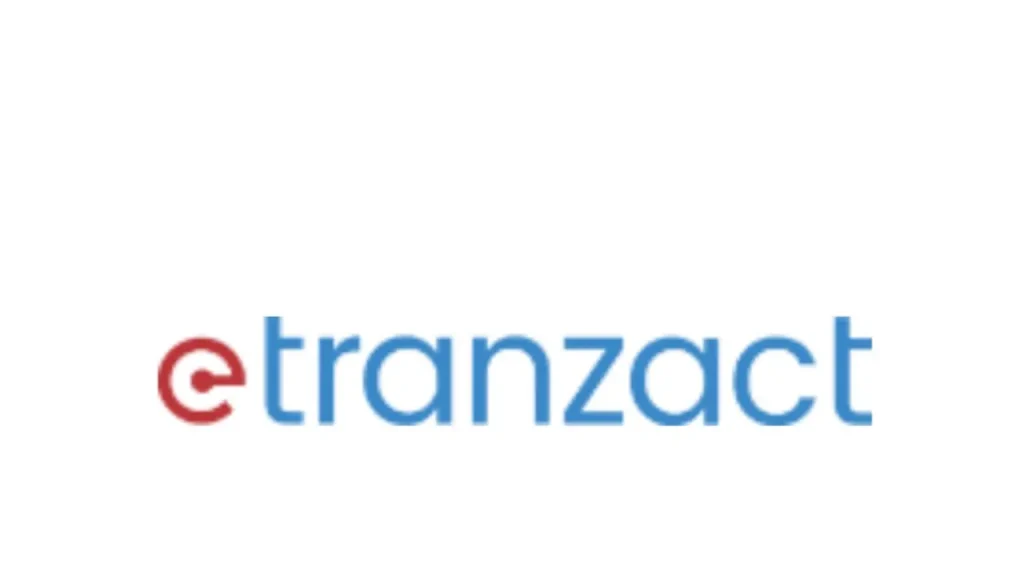• Etranzact has simplified e-payment solutions (Switchit, CorporatePay, Credo), enhanced SME AI readiness, and reported a ~40% year-on-year growth in transaction volume.
• The company faces industry-wide challenges such as regulatory complexity, compliance burdens (KYC/AML), infrastructure deficits (power, internet), and low adoption among underserved regions.
Etranzact’s Recent Efforts and Industry Innovations
Etranzact Int’l Plc (Etranzact) is regulated and licensed by the Central Bank of Nigeria, positioning it among the formal, systemically important players in the payments and switching sector. Its product suite has been evolving: Switchit delivers modular services (fund transfers, bulk and bill payments etc.), CorporatePay (CPay) helps organisations automate payments (salaries, third-party) with layered authorisations, and Credo is designed as a multi-channel platform enabling businesses of all sizes to accept payments across touchpoints. Etranzact also co-released research with the Enterprise Development Centre of Pan-Atlantic University into the AI readiness of Nigerian SMEs, highlighting both enthusiasm for emergent tools and significant gaps in infrastructure, cost, regulatory alignment, and technical know-how. Moreover, in 2023 its transaction volume rose by about 40%, reaching roughly ₦79 trillion.
In recognition of its innovations, Etranzact was named Africa’s Most Innovative Payment Services Company of the Year 2024. Its efforts to deepen digital payment adoption have included market activation campaigns in informal sectors, for example in Port Harcourt, to onboard small business owners and build confidence around security, settlements, and usage.
Also read: Smart Africa leaks thousands of AFRINIC member email addresses
Also read: Special report: Smart Africa leaked email list was obtained without consent
Etranzact’s Challenges & Context within Nigeria’s Payments Industry
Nigeria’s fintech and payments business as an entire has been expanding quickly, but there are additionally major challenges. Stricter regulations on compliance have recently been placed on the Securities & Exchange Commission (SEC), the Nigeria Data Protection Commission (NDPC), the Central Bank of Nigeria (CBN), and other regulatory organizations, specifically in terms of to Know Your Customer (KYC), Anti-Money Laundering (AML), data protection, and consumer protection. Infrastructure is still an essential challenge: Many fintechs (including the ones who target to SMEs) deal with problems like unreliable internet access, intermittent electricity, and an abundant amount of professional capacity, particularly within rural or underserved areas.These deficits raise both operating costs and trust barriers.  Fraud, cybersecurity threats, and user awareness are also persistent problems — Etranzact’s own reports and industry-studies affirm that POS systems, informal agents, and digital touchpoints are vulnerable unless better governed.
Nonetheless, there are significant recent innovations: use of contactless payments (QR, NFC), embedded finance (integrating payments more deeply into other services), AI-powered fraud detection, and efforts to simplify onboarding (digital KYC) are helping reduce friction.

